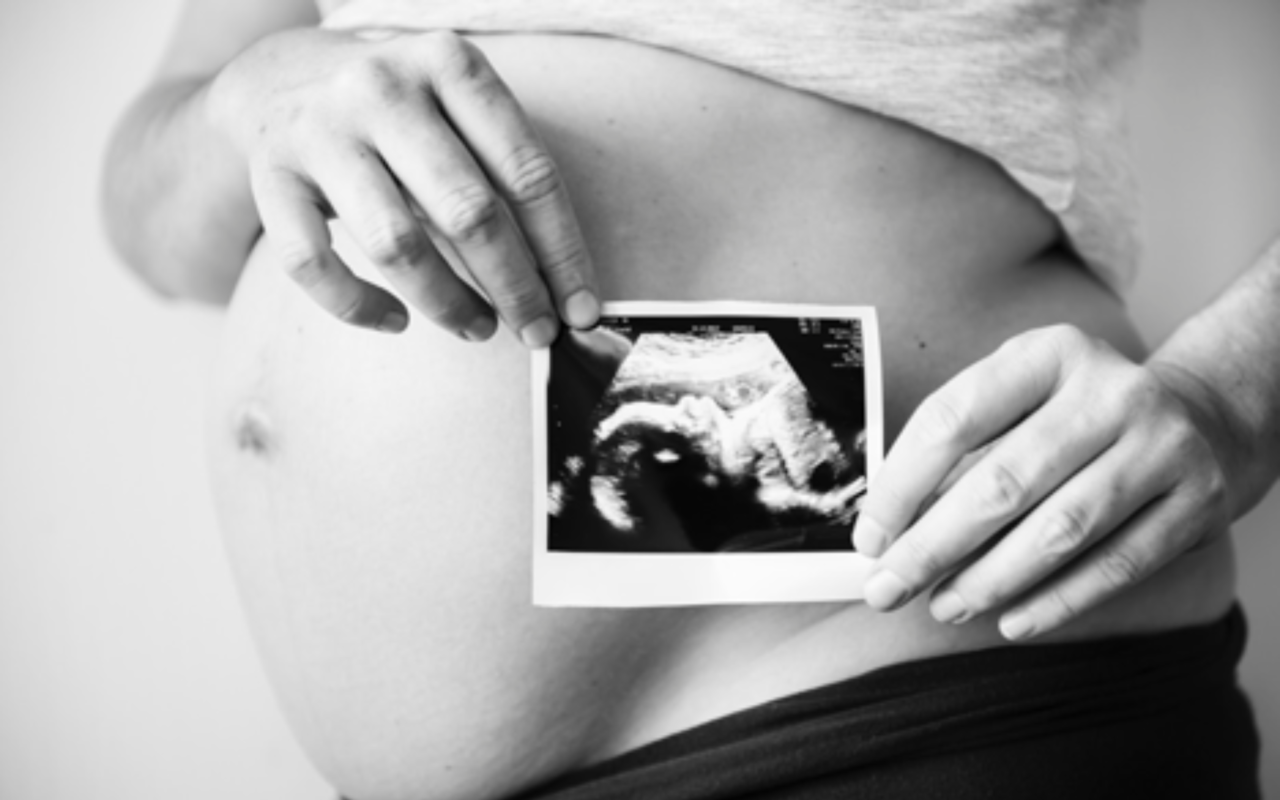The 13th week of pregnancy is a milestone that marks the end of the first trimester and the beginning of the second, often called the “honeymoon period” of pregnancy. With many early pregnancy symptoms easing, this is a time of renewed energy and excitement. Let’s explore what changes occur during this transformative stage for both you and your baby.
What Changes Happen in the Mother’s Body at 13 Weeks?
At 13 weeks, your body continues to adapt to support your growing baby. Many of the discomforts from early pregnancy begin to subside, making this a more enjoyable phase for most women.
Key Changes You Might Notice:
Less nausea and vomiting: As pregnancy hormones stabilize, symptoms like morning sickness often reduce, leaving you feeling more energetic.
- Increased appetite: If you experienced weight loss in the first trimester, your body will likely regain it, with an expected gain of about 1 kg during this phase.
- Skin and hair changes: Many women experience thicker, shinier hair and a glowing complexion due to increased hormonal activity. However, those with naturally oily skin may notice acne or pigmentation changes, like the “mask of pregnancy.”
- Breast changes: Your breasts may feel heavier and more sensitive, with visible veins due to increased blood flow. Some women may notice a slight secretion, which is normal.
- Reduced urinary frequency: As the uterus moves upward into the abdomen, pressure on the bladder decreases, providing relief from frequent urination.
What Developments Occur in the Baby at 13 Weeks?
Your baby undergoes remarkable growth and development during the 13th week.
Key Milestones:
- Size and weight: The baby is now about the size of a peach, measuring approximately 10 cm (4 inches) and weighing around 35 grams.
- Lanugo: Tiny hairs begin to form on the baby’s skin, helping to protect it in the womb.
- Fingerprints: Unique fingerprints start forming, a lifelong identifier.
- Kidney function: The baby’s kidneys start producing urine, which is cycled through the amniotic fluid.
- Swallowing reflex: The baby begins swallowing amniotic fluid, a crucial step for digestive system development.
- Movements: Small movements start, although you may not feel them yet.
How Should You Take Care of Yourself During Week 13?
This is the perfect time to focus on your health and well-being as your energy levels increase and appetite improves.
Tips for Self-Care:
- Balanced diet: Eat nutrient-rich meals that include fresh fruits, vegetables, whole grains, lean proteins, and dairy. Avoid junk food and excessive sweets.
- Portion control: Remember, you don’t need to “eat for two.” Instead, focus on high-quality nutrition. Gradual weight gain of 0.5 kg per week is ideal in the second and third trimesters.
- Healthy snacks: Opt for nutrient-dense options like milk, dry fruits, or fresh fruit slices for late-night cravings.
- Exercise: Light exercises, such as walking or prenatal yoga, can improve circulation, boost energy, and enhance mood.
Why Are Iron and Calcium Crucial in the Second Trimester?
Starting in the second trimester, your body’s demand for iron and calcium increases to support your baby’s development.
- Iron: Supports increased blood volume and prevents anemia, reducing fatigue and complications. Found in foods like spinach, lentils, and fortified cereals, though supplements are often needed to meet daily requirements.
- Calcium: Essential for the baby’s bone and teeth development. If your diet lacks calcium, your baby will draw it from your bones, potentially weakening them. Found in dairy products, leafy greens, and fortified foods.
- Myth Alert: Contrary to popular belief, taking iron and calcium supplements will not lead to a larger baby or cesarean delivery. These nutrients are vital for both mother and baby’s health.
What About Sexual Activity During the 13th Week?
With rising energy levels, some women notice an increase in sexual drive due to increased blood flow.
When to Consult a Doctor:
- If you experienced bleeding in the first trimester.
- If you have a low-lying placenta or a history of preterm labor.
- Otherwise, sexual activity is generally safe during this time, but always prioritize comfort and safety.
How to Manage Common Concerns in Week 13?
While many early symptoms fade, some concerns may persist:
- Pigmentation and acne: Use pregnancy-safe skincare products and sunscreen to protect sensitive skin.
- Constipation: Stay hydrated, eat fiber-rich foods, and engage in light exercise to support digestion.
Wrapping Up
The 13th week of pregnancy is an exciting time, filled with new developments and the promise of a smoother second trimester. By maintaining a balanced diet, staying active, and attending regular prenatal check-ups, you can support your health and your baby’s growth.
Embrace the changes, and remember that every step brings you closer to meeting your little one. If you have any questions or need expert guidance, don’t hesitate to consult, Meet Dr. Namrata Kachhara the best gynecologist in Indore.

